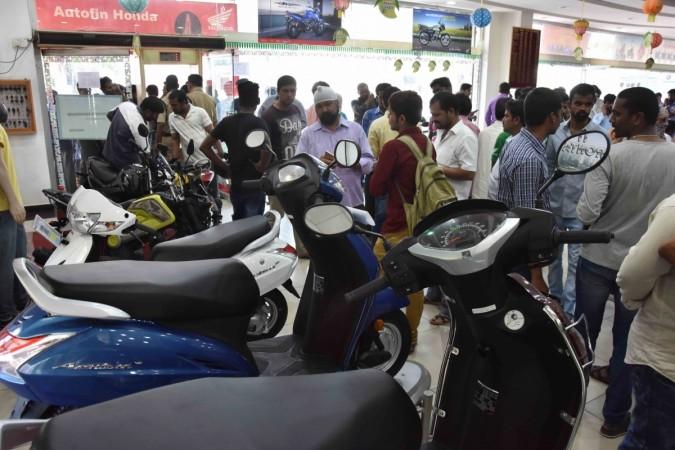In a boost to the fledgeling electric vehicle sector, the government plans to install fast-charging stations in some busy areas of New Delhi by the end of March. Once the facility is in place, electric vehicle owners will be able to charge for 15 minutes for a paltry sum of Rs 30.
State-owned Energy Efficiency Services has been tasked with setting up 84 fast chargers at frequently-visited places such as Khan Market and Yashwant Place, besides several other locations in the New Delhi Municipal Corporation area.
"We will set up fast-charging stations in public parking spaces and high-visibility areas. When people see chargers at various locations, it takes care of the range anxiety issues," Saurabh Kumar, managing director, EESL, told The Economic Times.
Range-anxiety has been one of the biggest roadblocks for the widespread adoption of electric vehicles, it refers to the concern caused by unavailability of public charging stations. Though it will take 90 minutes to fully charge a vehicle, a 15-minutes charge will be enough to drive 22 km. Users will also be able to conveniently book time slots through a mobile application, ElectriFi.
Initially, the stations will be equipped with Bharat DC-001 chargers, which are compatible with cars manufactured by Tata Motors and Mahindra & Mahindra. The stations will have space and interconnection facilities for European and Japanese charging standards and will be able to charge two- and three-wheelers also.

"As of now, we only need the 15-kW chargers. In the second half of the year, when several foreign automakers are expected to roll out their electric vehicles in India, we can equip these stations with the remaining standards," Kumar said, adding that EESL is using telematics data to improve the efficiency of electric vehicle deployment.
According to the data collected, a sedan covered a maximum of 92 km on a single charge. However, the range jumped up to 230 km with around four charging cycles.
"This is what the public charging system will address. The range of the cars goes up significantly by increasing the number of charge cycles. Each charge cycle doesn't even have to fully charge the battery," Kumar told the newspaper.















